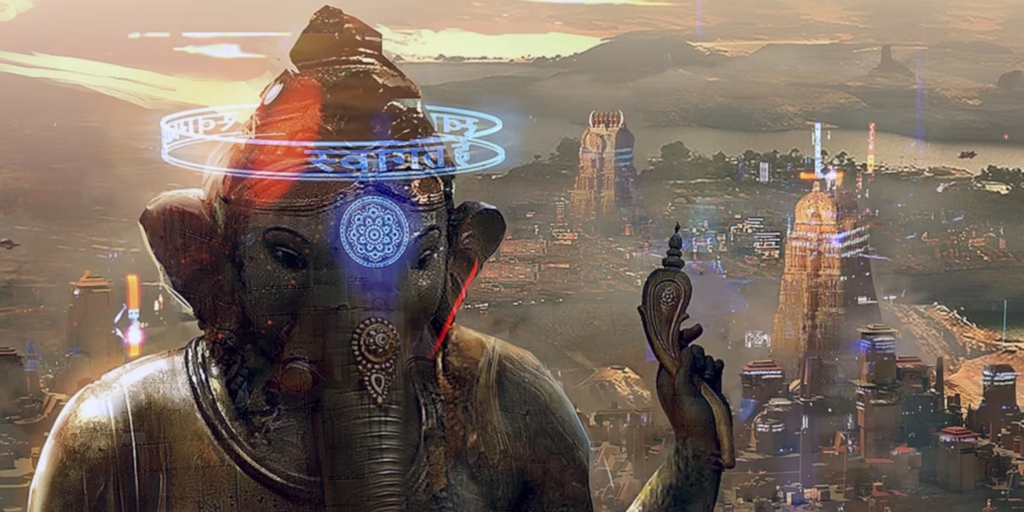
Beyond Good and Evil 2 could be utilizing generative AI to assist with its long-running and troubled development cycle, according to a well-known gaming industry leaker. While the sequel has been in some form of production for nearly two decades, Ubisoft has not officially confirmed any use of AI in the process.
A Development Journey Spanning Nearly 20 Years
First revealed in 2008, Beyond Good and Evil 2 quickly faded from public view as the project entered what many fans dubbed “development hell.” It resurfaced at E3 2017 with a cinematic trailer, followed by an extended showcase at E3 2018 — but since then, Ubisoft has released no new footage.
In 2023, development suffered a major setback with the passing of creative director Emile Morel at just 40 years old. Despite this, Ubisoft confirmed the game was still in active production at its Montpellier studio in France.
Generative AI Rumors Gain Traction
According to industry insider Nash Weedle, Ubisoft has brought in specialists in generative AI to help create NPCs for the game. Weedle also claimed that development was paused in early 2025, that a name change was discussed, and that a story trailer — reportedly ready for release — was shelved.
These claims have not been corroborated by Ubisoft, and no official statement has been made regarding AI usage in Beyond Good and Evil 2.
Industry Debate Over AI in Games
Generative AI is becoming increasingly controversial in game development. Critics argue it could replace human artists, writers, and coders, undermining creative jobs. This has sparked initiatives like the No Gen AI Seal, a movement modeled after Nintendo’s Seal of Quality, used by developers and modders to signal their work is free from AI generation.
Supporters, however, see generative AI as a tool that can speed up asset creation and world-building, potentially helping long-delayed projects like Beyond Good and Evil 2 reach completion.
Until Ubisoft addresses these rumors directly, any claims of generative AI integration remain speculative. Still, given the game’s lengthy development and shifting production circumstances, the possibility of AI assistance is not out of the question — and could mark a major shift in how AAA titles are produced in the future.